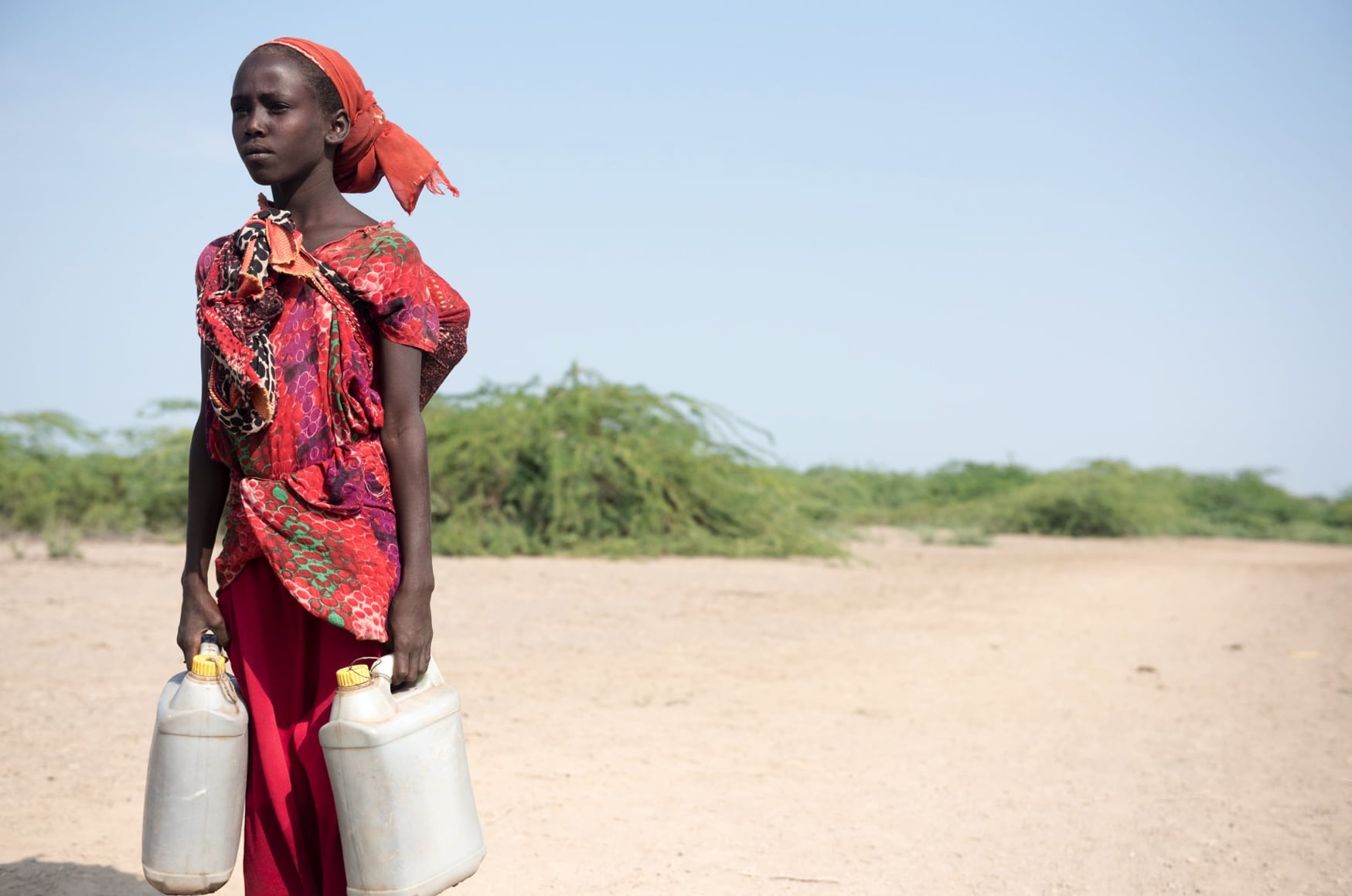Building Adaptive Communities
Rainfall variability and increasing temperatures over the recent years have resulted in increased vulnerability in the already fragile Ethiopian environment. Rainfall patterns are fluctuating both in the long-term and short-term significantly threatening Ethiopia’s growth and transformation into a middle-income economy.
Building Adaptive Communities through Integrated Programing
CARE Ethiopia’s Experience with Climate Vulnerability and Capacity Analysis (CVCA)
The Climate Vulnerability and Capacity Analysis (CVCA) methodology helps communities and facilitating organizations to understand the implications of climate change for lives and livelihoods. By combining local knowledge with scientific data, the process builds people’s understanding about climate risks and sustainable adaptation strategies. It provides a framework for dialogue within communities, as well as between communities and other stakeholders. Recognizing that local actors must drive their own development, CVCA prioritizes local knowledge on climate risks and adaptation strategies in the data gathering and response planning process.
The CVCA methodology in Ethiopia has been used and adapted to increase understanding among stakeholders, gather and analyze information to design climate change adaptation initiatives, and integrate climate change adaptation issues into livelihoods and natural resource management programs. This paper presents CARE Ethiopia’s experience of promoting climate change adaptation through building communities’ and partners’ capacities on using a range of adaptation approaches, more specifically CVCA.
